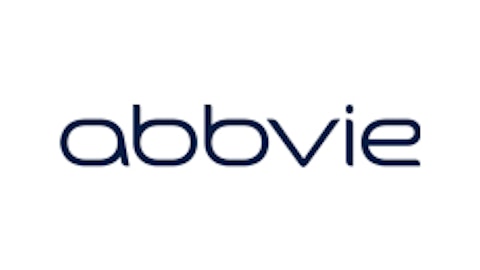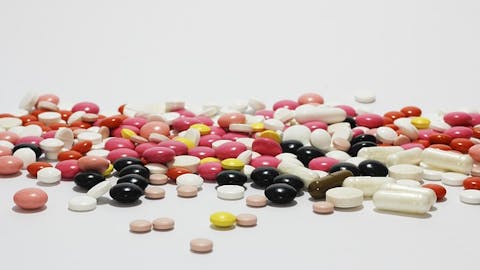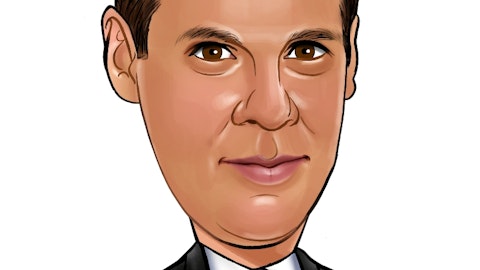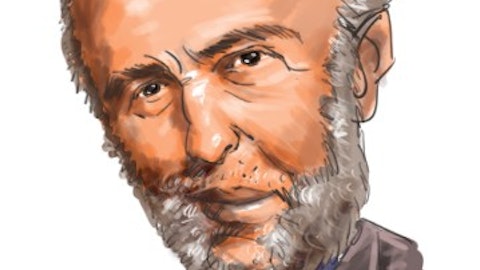Business Analysis
MDT’s strength comes from its scale ($28 billion in sales), strong market positions in its key segments (#1 in diabetes, restorative therapies, minimally invasive therapies, and cardiac and vascular), and a highly diversified product portfolio.
Medtronic PLC (NYSE:MDT) is typically first to the market with new products, a result of 50 years of innovation and a strong commitment to R&D (the company has committed to investing an incremental $10 billion in R&D over the next decade). Given the price-sensitive nature of the healthcare industry, developing successful new technologies and medical devices is essential to maintaining market share and healthy profitability.
While price seems to be an increasingly important consideration for customers going forward as a result of the Affordable Care Act (more focus on reducing healthcare costs), the mission-critical nature of many of these products can help insulate them from price pressure.
A lot of MDT’s medical devices significantly impact patients’ quality of life and must be of extremely high quality. The company’s specialized products can offer superior performance in many instances, allowing it to maintain strong market share and profitability. As seen below, MDT has maintained a double-digit return on invested capital every year (FY 15 was due to immaterial accounting distortions), suggesting it has a moat:

Source: Simply Safe Dividends
Beyond innovative products, MDT’s scale will likely serve as an increasingly important advantage as the healthcare system becomes more cost-focused and efficient. The company’s acquisition of Covidien doubled its revenue base and significantly expanded its product portfolio. MDT expects the merger to result in cost savings of $850 million annually within the next few years. Smaller medical device players could struggle to maintain their market share as MDT becomes more a low-cost, one-stop shop.
Altogether, MDT’s primary advantages come from its ability to continuously develop specialized medical devices in high profit areas of the healthcare market. Its diversified product portfolio and the recession-resistant nature of its products provide reliable free cash flow which can be reinvested into the business to drive future growth. As the healthcare industry focuses more on taking out costs, larger vendors such as MDT should benefit because of their economies of scale, product breadth, unique technologies, and existing customer relationships.
Key Risks
Whenever a company doubles its revenue via an acquisition, we approach the company with an extra level of caution. A study by global accounting firm KPMG found that 83% of mergers hadn’t boosted shareholder returns, and a separate analysis by A.T. Kearney concluded that total returns on M&A were negative.
What are the risks of MDT’s $50 billion acquisition of Covidien?
First, this deal allowed MDT to move its headquarters from Minneapolis to Ireland (known as a “tax inversion”), meaningfully lowering the company’s overall tax burden because the corporate tax rate there is about a third of the U.S. rate.
Not surprisingly, the U.S. government isn’t too keen on losing tax revenue from major corporations, and calls to change the nation’s tax code to prevent tax inversions continue to gain steam. For now, MDT’s management team has argued that the Covidien deal makes fundamental sense regardless of future tax code changes, but it’s a possible headline risk to be aware of. It probably doesn’t impact the long-term earnings power of the combined company, but who really knows what a material change in the tax code could do to the stock’s near-term price.
More importantly, bringing together two huge businesses of equal size poses numerous integration risks. While MDT has executed on its cost synergies so far, there is still much work to be done – both companies need to get on the same enterprise software platform, the majority of expected cost savings are spread over the next few years, integrating two cultures is a sensitive issue, going to market with a substantially broader product portfolio takes time, and much more.
Overall, the Covidien deal is a move that does seem to make sense on paper. As the medical device market becomes increasingly price-sensitive to save costs in the healthcare system, market consolidation is to be expected. In recent years we have seen Johnson & Johnson acquire Synthes for $21 billion, and Zimmer Holdings bought Biomet for $13 billion.





